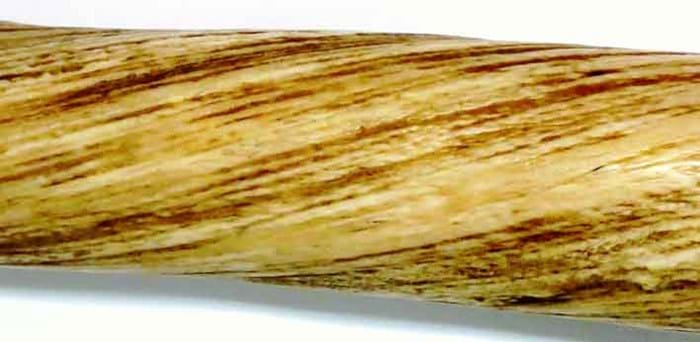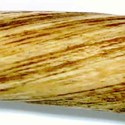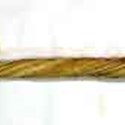It is the second recent positive outcome for the antiques trade in the face of the zealous application of CITES laws by UK Border Force.
Specialist lawyer Andrew Banks described it as "a cautionary tale with the right conclusion - one in which common sense prevailed".
The 18th or 19th century tusk was sent in August 2014 by Svein Wold, a retired dealer in Norway, to Charles Miller, the London specialist marine auctioneer.
Wold had acquired the relevant CITES paperwork but on its arrival at East Midlands airport it emerged he had failed to acquire an import permit (and a pre-agreed Article 10 certificate), necessary in this case because Norway is not part of the EU.
Miller told the authorities his client had made an honest error but, as the appeals process against its confiscation began, a retrospective application was refused, as were requests to send the tusk back to Norway.
"Illegally Imported"
In October it was formally seized by the UK Border Force on the grounds it had been illegally imported and remained in a warehouse pending destruction or retention to use as an educational aid.
When the case moved to a judicial appeal, Miller and Wold engaged Banks, a partner at law firm StoneKing and CITES specialist. At the hour-and-a-half tribunal on October 6, he successfully argued that - although ignorance of the law is no defence - it was unfair to penalise Wold, an elderly man, on a small point of a highly complicated law.
Under cross-examination, the authorities admitted that under normal circumstances the import permit (and pre-agreed Article 10 certificate) for the tusk would readily have been granted and said that had Miller and Wold not been hoping to profit from the sale of the tusk the error would have been overlooked.
Asked how often retrospective licences were issued, the customs official conceded that there were very few circumstances when they were.
Judge Jonathan Debell deemed the case an over-zealous application of the law but reserved judgement for 24 days.
On November 16 Miller received confirmation that (upon the payment of a £250 fee) the tusk would be released. On receipt, the auctioneer was happy to confirm is was "north of 150-200 years old" and would merit a sale estimate in the region of £5000 should an Article 10 certificate for its sale be granted.
However, it is unlikely the proceeds of the sale will cover the costs incurred during the lengthy legal ordeal.
"This has taken a year and a half. A lot of time, effort and money have been expended on an appalling extravagance," Miller told ATG. "Thirty seconds of work could have ironed this out from the beginning." He reserved particular ire for what he called the authorities' "bias against a commercial transaction".
The case has parallels with that of Joost van den Bergh who in August overturned a customs decision to seize three 17th century Indian ivories that - through the fault the shipper - had arrived in the UK without the necessary paperwork.
ATG Comment
Applying the complex laws relating to the trade in endangered species is an important part of the job for UK Border Force. Only last month more than 110kg of raw ivory was found in baggage left abandoned in transit from Angola at Heathrow Airport.
However, there is a difference between the trade and movement of old specimens - that do not jeopardise the current animal populations - and the fruits of illegal poaching which do.
The victory in the Miller-Wold case comes in the wake of a similarly positive outcome for London dealer Joost van den Bergh in his quest to retrieve three yali architectural brackets that were pending destruction.
In both long and hard-fought cases, UK Border Force were deemed to have applied the letter of the law in a draconian fashion.
In the future will they now be persuaded to see common sense?









